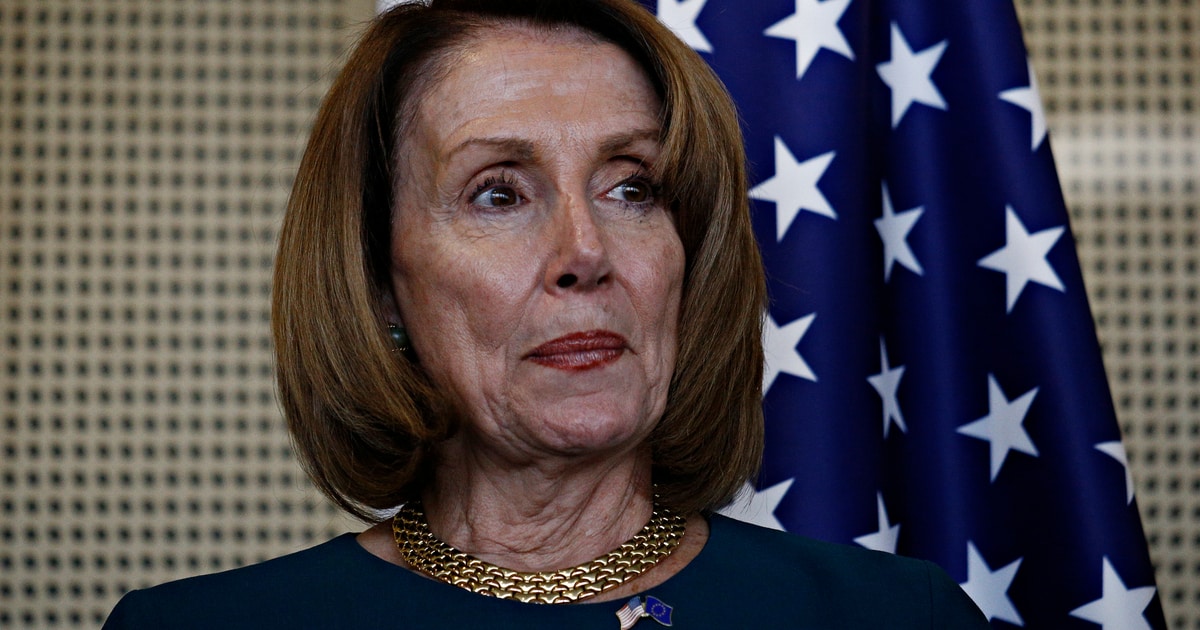The Financial Services Committee (FSC) of the United States House of Representatives is gearing up for a critical hearing on November 15, 2023, diving deep into the shadowy corners of cryptocurrency. Entitled “Crypto Crime in Context: Breaking Down the Illicit Activity in Digital Assets,” this session aims to unravel the complexity of illegal activities within the digital asset ecosystem.
At the forefront are notable witnesses including Mr. Bill Hughes from ConsenSys, Ms. Jane Khodarkovsky from Arktouros, and Mr. Jonathan Levin from Chainalysis, each bringing a unique perspective from their extensive experience in both the crypto industry and legal enforcement.
The hearing’s central theme emerges from the FSC’s intent: comprehending the extent of illicit activities in digital assets to effectively counteract them. Discussions will revolve around identifying gaps in the current system and exploring tools to prevent and detect criminal activities.
Highlighting the gravity of the situation, the FSC will delve into the concerning trends of money laundering and the funding of terrorist organizations through cryptocurrencies. The hearing will utilize data from Chainalysis, which indicates a surge in illegal crypto transactions despite increased sanctions and hacking attempts.
A significant part of the discussion will be dedicated to assessing the anti-money laundering and counter-terrorist financing measures employed by crypto exchanges and decentralized finance providers. Moreover, the roles of the Financial Crimes Enforcement Network, the Office of Foreign Assets Control, and the Department of Justice (DOJ) will be under scrutiny.
In parallel, the hearing will also touch upon legislative efforts, notably the markup of legislation for stablecoin regulation. Simultaneously, the DOJ is intensifying its focus on crypto-related crimes, merging two of its teams to form a specialized unit targeting ransomware offences.
This hearing marks a pivotal moment for the crypto industry, as it faces stringent scrutiny from lawmakers and regulators. The outcome could significantly influence the future regulatory landscape for digital assets.
Image source: Shutterstock
